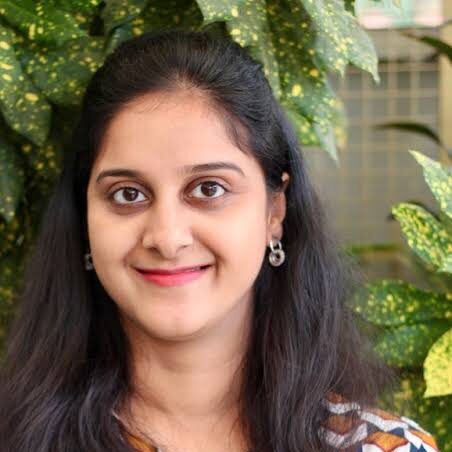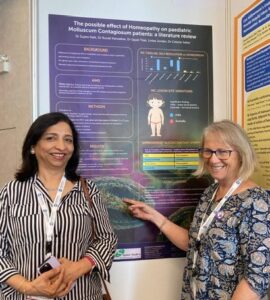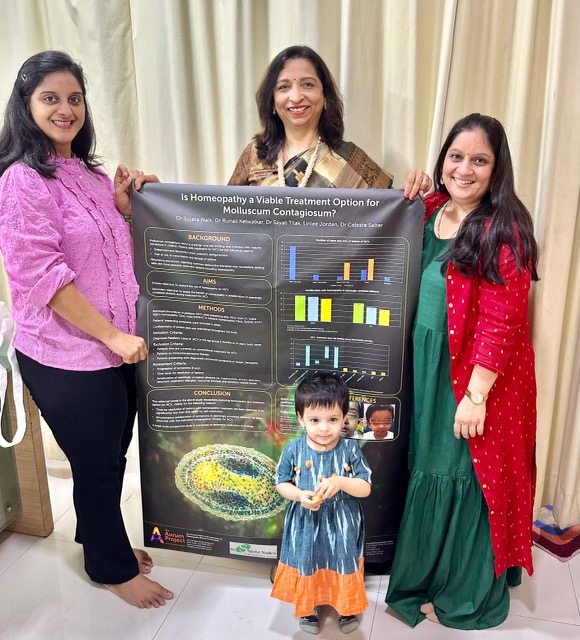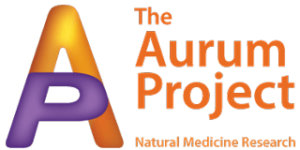
Dr. Runali Kelwalkar, Aurum Project Research Pod Member
Dr. Runali Kelwalkar shares her experience of being part of an Aurum Project Research Pod. Dr. Runali Kelwalkar has been a valued contributor to the
Molluscum Research Pod for 4 years. The Pod has successfully provided poster presentations at HRI Greece 2025 and Australian Homeopathic Medicine Conference 2023.
Aurum Project Member, Dr. Runali Kelwalkar reflects on her experience
For me, research always felt like something meant for someone else—people with academic degrees in methodology, fluent in statistics, and far removed from clinical practice. So, in 2021, when I first joined the Molluscum Pod of The Aurum Project, as a member of Dr. Sujata Naik’s team, along with Dr.Sayali Tilak, I was genuinely unsure of what I could bring to the table. I imagined it would be a formal, intimidating space full of technical jargon and quiet nodding.
What I found instead was an experience that was not only intellectually stimulating but also deeply collaborative.
One of the first things I learned was how to conduct a proper literature review—something I previously found overwhelming. Under the Pod’s guidance, I understood it as more than just collecting studies. It became a narrative process: identifying themes, spotting gaps, and building a foundation for new ideas. This challenged me to be more precise, more questioning, and more methodical in my approach.

Dr Sujata Naik and Linlee Jordan Presenting the Molluscum Contagiosum Poster at HRI Greece 2025
During this time, I also completed the Good Clinical Practice (GCP) training (as recommended by Celeste Salter, Research Co-ordinator at The Aurum Project) which gave me a strong grounding in research ethics and quality standards.
There were moments of uncertainty and moments of clarity. There were Zoom calls that ran over time and documents that went through more versions than I can count. But in all of it, I found myself evolving—not just in skill, but in mindset.
What surprised me most was how collaborative research could be. Each member of the Pod brought something unique to the table, and our discussions often sparked new insights. There were times when we spent hours refining a single paragraph, but these conversations made our final output stronger—and more thoughtful. We debated, discussed, and rewrote—but always with the collective goal of producing something meaningful and useful.
Through it all, what stands out is the respect. Every opinion matters, and every voice is heard. It doesn’t feel like a hierarchy—it feels like a circle, where ideas move freely and support flows naturally.
The Pod environment is inclusive and supportive. We celebrate progress, navigate challenges together, and create space for every voice to be heard. It is a team in the truest sense, and that spirit of mutual respect makes the entire journey enjoyable.

Dr Runali Kelwalkar, Dr Sujata Naik, and Dr.Sayali Tilak with Presentation Poster for Australian Homeopathic Medicine Conference 2023
Looking back, I never expected research to feel this meaningful—or this fun. What started as an intimidating leap into the unknown became a journey of learning and growth. I walked in with doubts, and walked out with new skills, greater confidence, and a deeper connection to my profession. It’s amazing what can happen when you are given the right space, support, and just the right amount of nudging.
All thanks to Linlee Jordan and Celeste Salter for creating this space and holding it so generously.
-Dr. Runali Kelwalkar
Special thanks to Dr. Runali Kelwalkar from Dr. Sujata Naik’s Homeopathy Clinic in Mumbai, India, for sharing her insights on the experience of being an Aurum Project Research Pod member, and for her valuable contribution to The Aurum Project blog.
To read more about The Aurum Project’s research on Molluscum Contagiosum, take a look at these previous blogs:
What were the Key Takeaways from the Australian Homeopathic Medicine Conference 2023?
